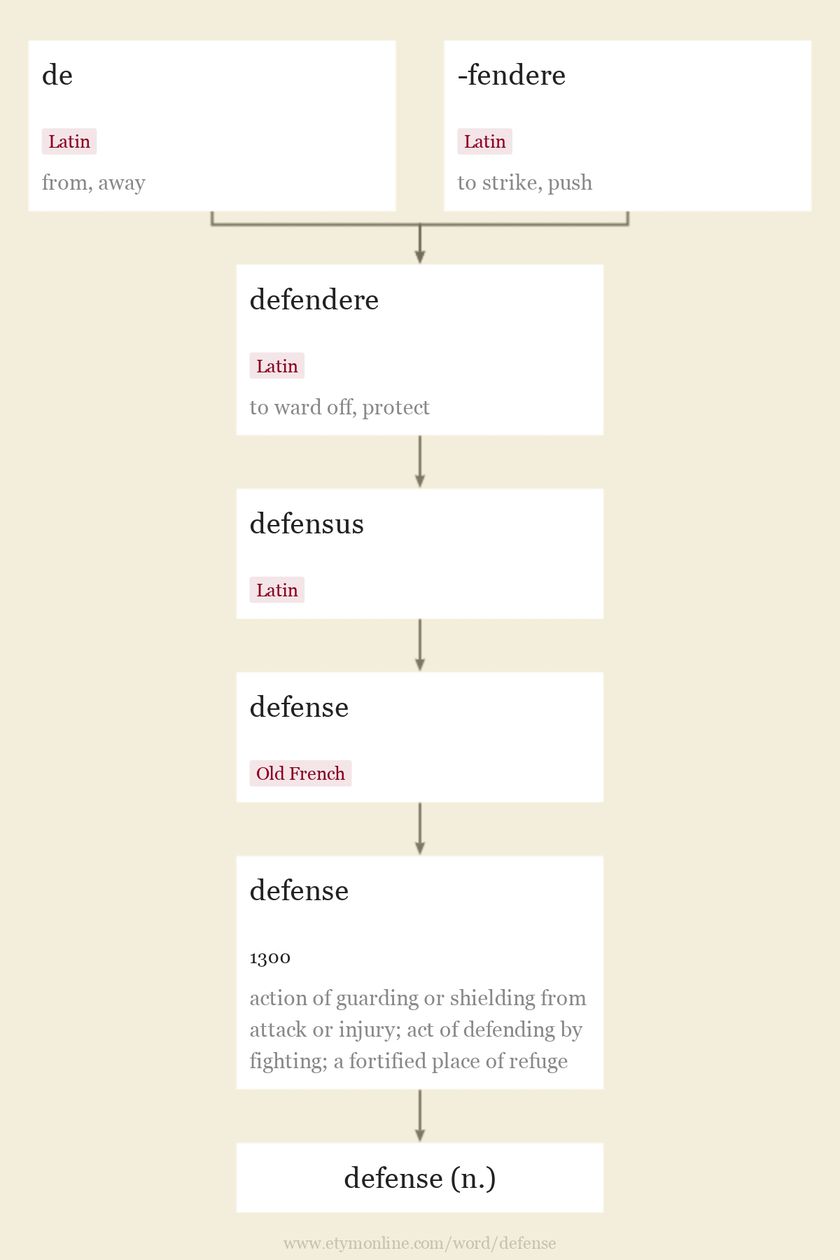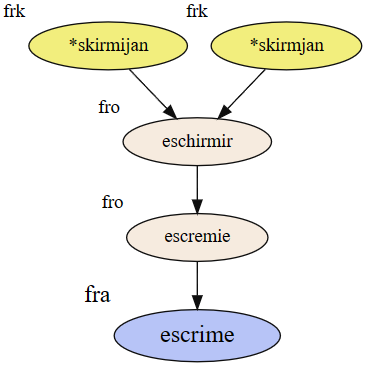Well, "skirmjan" has still made its way into English I believe, isn't it the etymology for "skirmish"?
Linguistics
Welcome to the community about the science of human Language!
Everyone is welcome here: from laypeople to professionals, Historical linguists to discourse analysts, structuralists to generativists.
Rules:
- Instance rules apply.
- Be reasonable, constructive, and conductive to discussion.
- Stay on-topic, specially for more divisive subjects. And avoid unnecessary mentioning topics and individuals prone to derail the discussion.
- Post sources when reasonable to do so. And when sharing links to paywalled content, provide either a short summary of the content or a freely accessible archive link.
- Avoid crack theories and pseudoscientific claims.
- Have fun!
Related communities:
- !linguistics_humor@sh.itjust.works
- !languagelearning@sopuli.xyz
- !conlangs@mander.xyz
- !esperanto@sopuli.xyz
- !japaneselanguage@sopuli.xyz
- !latin@lemm.ee
And "defendere" still made its way to French ("défense") and other romance languages.
Neat.
Is there a connection of the Frankish (or Latin) to PIE?
There's always a connection to PIE (or seems to be). I'm curious if both words connect there somehow.
Yes, exact placement of sub families (and existence of italo-celtic) are debated, but it is definitely part of PIE

Edit: as for these two words, they are reconstructed as coming from different roots, skirmjam from *(s)ker. (Meaning to cut, Shear in modern English), and fendere from *bʰeyd (meaning to split, bunch of words in modern English)
[vaguely related]
Fencing terms and names of fighting masters in The Princess Bride.
I love that the author went and searched this stuff out long before the interwebs were a thing.
https://combativecorner.wordpress.com/2010/11/11/fencing-language-in-the-princess-bride/
I actually do HEMA, and have had a lesson or two specifically on Thibault. What the above analysis misses is that while Dutch, he lived at a time when Spain ruled over the Netherlands, and thus exported its distinctive style of fencing, known as La Verdadera Destreza (the main style I study). Whether Thibault "counts" as Destreza or not is a bit of a debate among Destreza practitioners, but at the very least his style shares a fair amount in common. Most crucially for our purposes, is the extensive use of non-linear (i.e., circular) footwork, which, according to Destreza authors like Caranza and Pacheco, is ideal for countering the direct lunge popular with the Italians.
The article's talk about high ground could be correct. I've not studied nearly enough Thibault to refute it myself, though I did note a comment under the article from someone who seems to have read it and refuted that claim. Regardless, it's not necessary for the dialogue to make sense.
Read the novel if you haven't. The screenwriter (William Goldman) wrote the novel as well, and it's fantastic. It has depth to it that wouldn't have worked in the movie.
I'm a huge fan of his.
Two of his works that got great movies; 'Magic' and 'Marathon Man.' imho both are as good as anything Hitchcock ever did.
He really understood what works on screen and on the page. It's a rare trait to have mastered both as well as he did.
Here's a great story. He was working with Michael Douglas on 'The Ghost And The Darkness,' They are both highly respected, very savvy film makers.
Douglas plays a mysterious stranger who appears halfway through the movie; white hunter type. The argument is do they give him a backstory? Douglas says peopel need to know who this man is, and goldman says that the story works better if he remains an enigma.
That's why I love movies; there's never a "right" answer.

